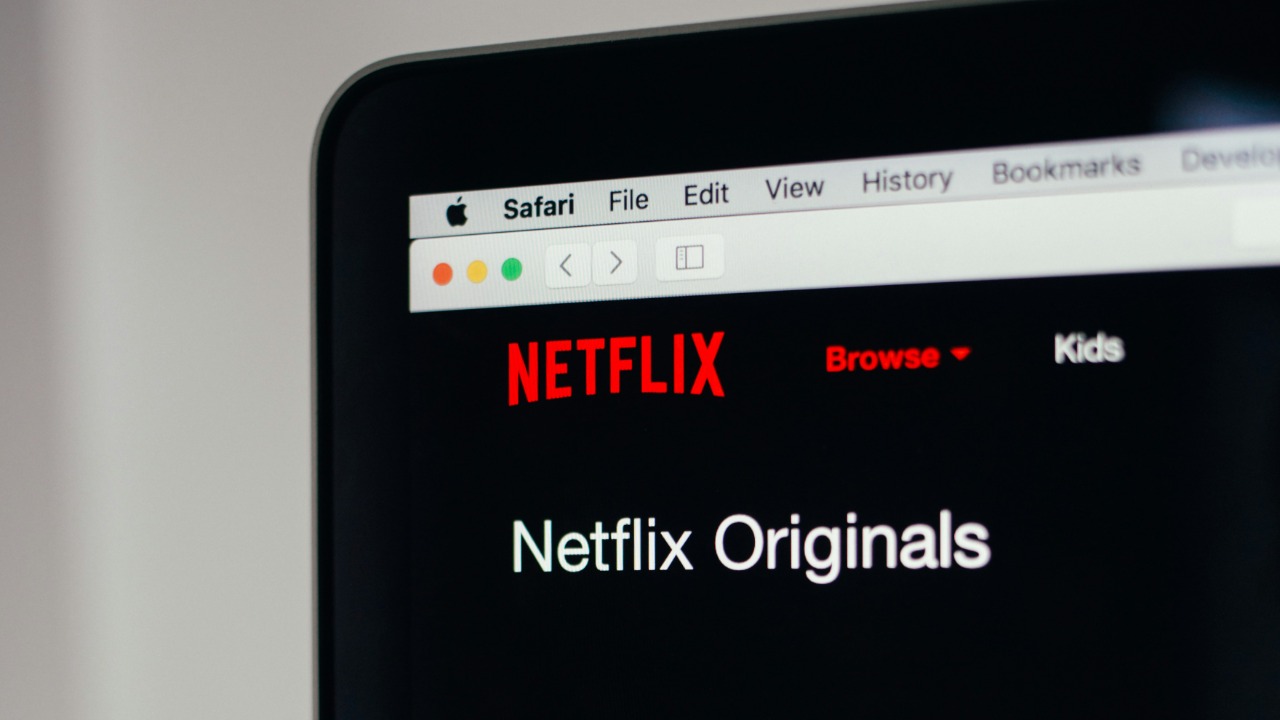
Netflix has taken a decisive step in the entertainment industry by announcing its commitment to generative AI, a move that underscores its strategy to lead in technological innovation. This decision, made public on October 21, 2025, marks a significant shift for the streaming giant, as it embraces AI tools for content creation and production. While Netflix positions itself at the forefront of this technological wave, the entertainment industry remains divided over the implications of AI, with debates centering on its potential to disrupt traditional creative processes.
Netflix’s Strategic Pivot to Generative AI
Netflix’s recent announcement highlights its intention to integrate generative AI across various facets of its operations, including scriptwriting, visual effects, and personalization algorithms. This strategic pivot aims to enhance efficiency and viewer engagement by leveraging AI’s capabilities to streamline production pipelines. For instance, Netflix plans to deploy automated storyboarding and dialogue generation, which could significantly reduce the time and resources traditionally required for these tasks. By doing so, Netflix hopes to maintain its competitive edge in the rapidly evolving streaming market.
To support this transition, Netflix is investing heavily in partnerships with AI firms and providing training for its creative teams. These efforts are designed to ensure that generative AI becomes a core tool within the company, augmenting rather than replacing human oversight. This approach reflects Netflix’s commitment to balancing technological innovation with the preservation of artistic integrity, a stance that may help mitigate some of the skepticism surrounding AI’s role in content creation.
Key Drivers Behind Netflix’s AI Embrace
The decision to embrace generative AI is driven by several key factors, including competitive pressures in the streaming market. As subscriber demands continue to rise, Netflix sees AI as a means to reduce costs and accelerate content output. The ability of large language models to generate ideas faster than traditional methods aligns well with Netflix’s data-driven culture, allowing the company to respond more swiftly to audience preferences and trends.
Netflix’s leadership has underscored the importance of this AI commitment for long-term growth. By positioning AI as an enhancer of creativity rather than a threat, Netflix aims to reassure stakeholders that the technology will complement human creativity. This perspective is crucial as the company navigates the challenges and opportunities presented by AI, ensuring that it remains a leader in the entertainment industry.
Industry-Wide Divisions on Generative AI
Despite Netflix’s optimistic outlook, the broader entertainment industry is divided over the role of generative AI. Hollywood unions and guilds have expressed concerns about the potential impact on jobs and artistic integrity, leading to strikes and calls for regulation in recent years. These groups argue that AI could undermine traditional creative processes and threaten the livelihoods of industry professionals.
Conversely, some tech-forward studios view AI as an opportunity for innovation, echoing Netflix’s approach. However, there is a lack of consensus on ethical guidelines, with ongoing debates at industry events and policy forums. These discussions focus on balancing the benefits of AI with concerns over intellectual property and bias in generated content, highlighting the complex landscape that the entertainment industry must navigate.
Potential Impacts and Challenges Ahead
Netflix’s all-in strategy on generative AI could have significant implications for content quality and originality. While AI has the potential to speed up the production of hit shows, it also raises questions about the uniqueness and authenticity of the content. As Netflix continues to integrate AI into its operations, it will need to address these concerns to ensure that its offerings resonate with audiences.
Regulatory challenges also loom on the horizon, with upcoming laws on AI transparency in media potentially affecting Netflix’s rollout. The divided industry may push for standards that could impact how Netflix and other companies implement AI technologies. Additionally, the broader ripple effects of this shift could include talent migration to AI-adopting companies and potential boycotts from creators wary of the technology’s encroachment on human roles.
As Netflix moves forward with its generative AI strategy, it will need to navigate these challenges carefully. By balancing innovation with ethical considerations, Netflix can continue to lead the industry while addressing the concerns of stakeholders and maintaining its reputation for creative excellence.
For more details on Netflix’s strategic shift, visit the full article on TechCrunch.